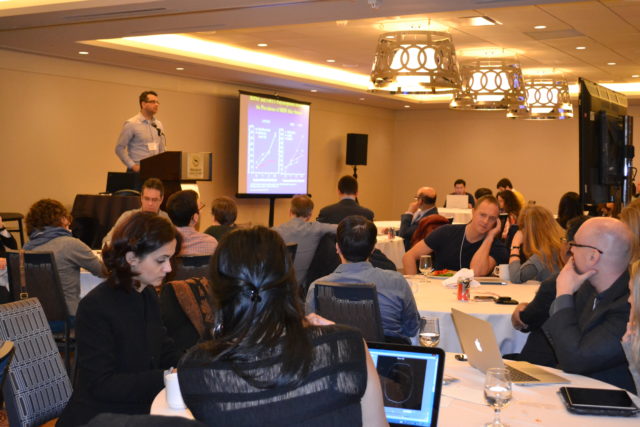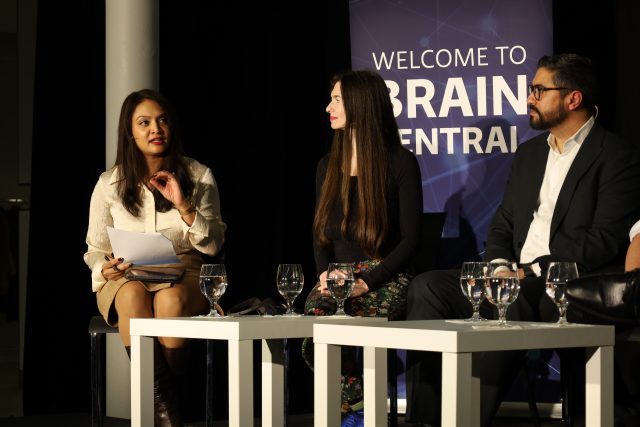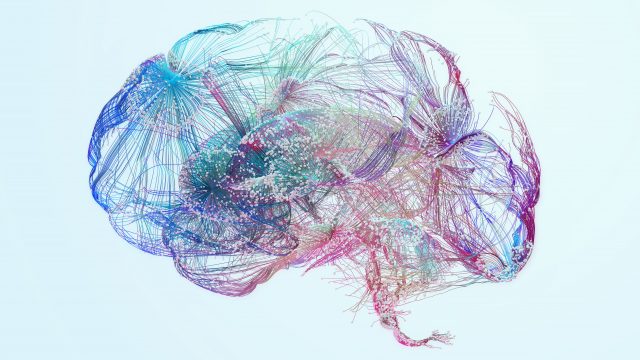1 in 10 Canadians will be affected by depression at some point in their lives. The remaining 9 will know someone who is affected. Depression is a mood disorder which can become isolating and debilitating, and in some cases, even life-threatening. However, innovative research within this field is bringing about major improvements in how we treat depression. Recently, I had the chance to attend an event that presented some very new ideas and approaches to conquering the burden that depression has on individuals and our society.
Feb 27th-28th, 2014, the Ontario Brain Institute (OBI) hosted a unique workshop at the Sheraton Center Toronto Hotel. This event brought together members of the Canadian Biomarkers in Depression (CAN-BIND) Integrated Discovery program. The CAN-BIND program provides a unique platform to bring together leading experts from all fields of depression. This program includes 41 core clinicians and researchers, 4 industry partners, 2 patient advocacy groups and over 700 patients. OBI believes that engaging all the great minds of the CAN-BIND program within one room will move us towards a pioneering solution for a complex condition.
The motto which drives the CAN-BIND team is to get “the right treatment to the right patient, the first time”. Therefore, the team is undertaking projects to understand the different subtypes of depression through clinical assessment, and identifying biomarkers to predict treatment outcome for patients. Biomarkers are specific proteins or genes found in humans which can be measured and evaluated as an indicator of a condition. The motivation behind this study is to develop faster, more effective, targeted treatment for the millions struggling with depression on a daily basis.
The workshop consisted of a day and a half of exciting and productive sessions, ranging from training, to open dialogues on methodology, updates on progress, and discussions about the future of the CAN-BIND program. This was a particularly unique workshop that reached beyond the study of the biological components involved in depression, and included a strong translational component. The entire CAN-BIND team was particularly cognizant of building in strong patient involvement at each step of their research plan. This included translating new information to the patients, and getting their feedback on the study design and results. Patients will also be able to keep up-to-date on this study through CAN-BIND’s new website, and can attend public educational talks hosted by the team. This design will allow patients to be active participants of the research process, and will keep their best interest at the centre of this substantial project.
As a Management Fellow working at OBI, the CAN-BIND workshop was an eye-opening experience in witnessing the power of bringing people together. What stood out for me was the consistent atmosphere of passion and excitement amongst the attendees. The sessions were filled with active discussion and questioning of detailed content, such as the use of specific tests, the impact of these tests on patients, and inclusion of the diversity observed in these patients. Each participant brought their own set of expertise, and worked as a collaborative team to make sure the best informed decisions were being made for the program. I realized the importance of bringing together bright passionate minds within a program like CAN-BIND, which left me feeling hopeful about the future of depression research.


